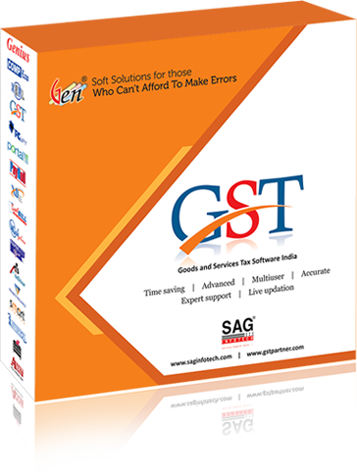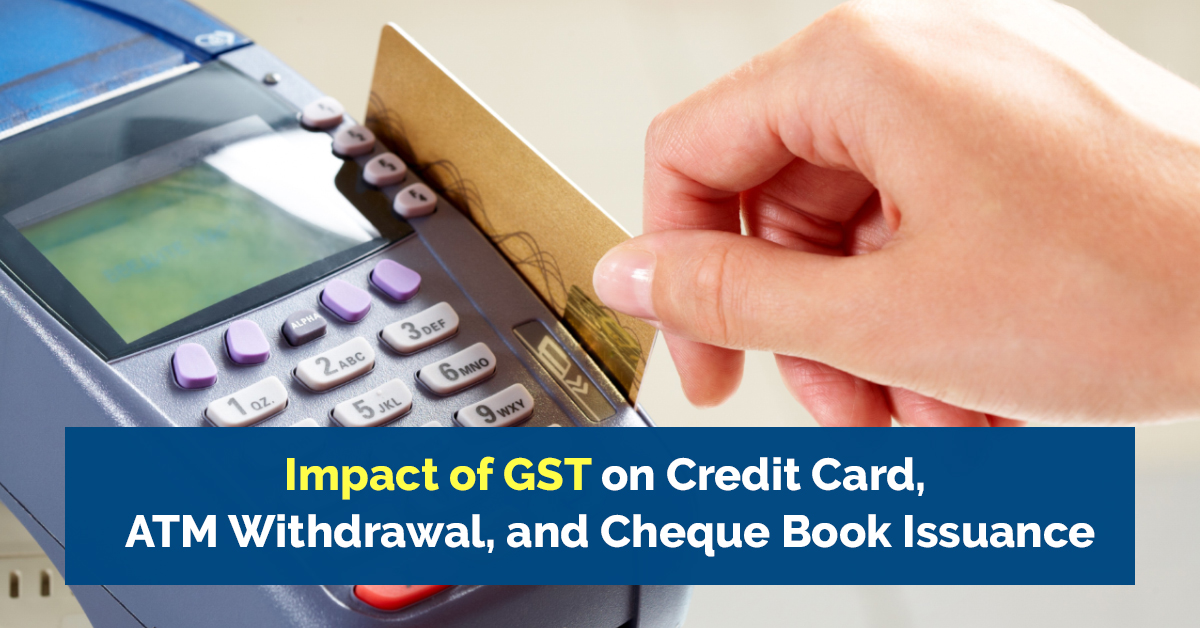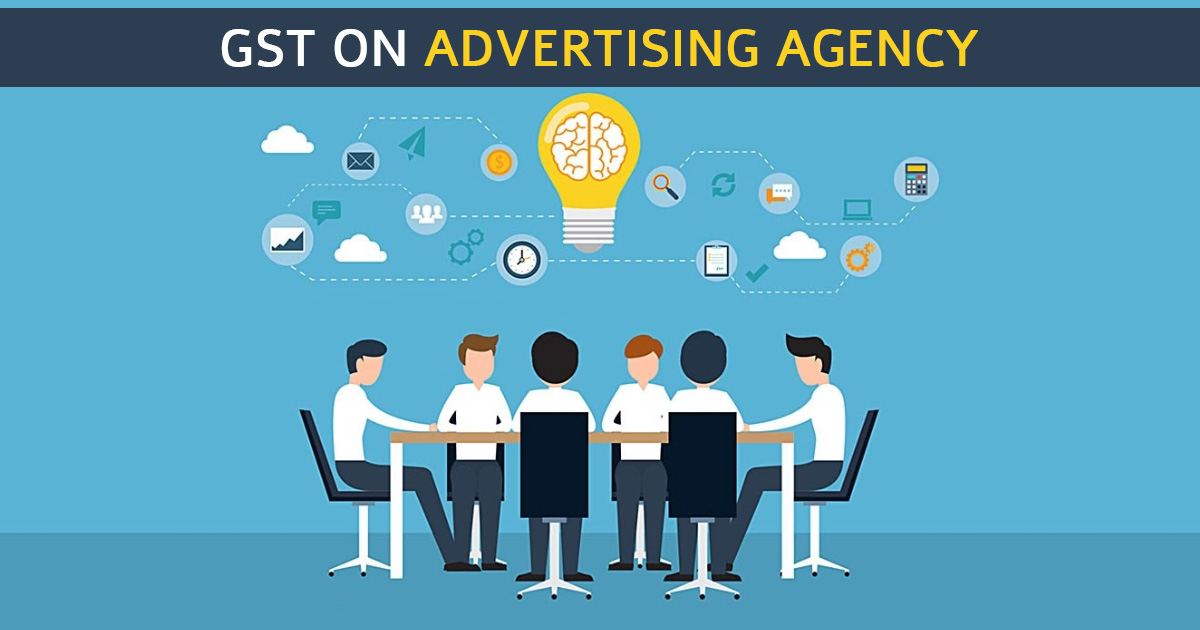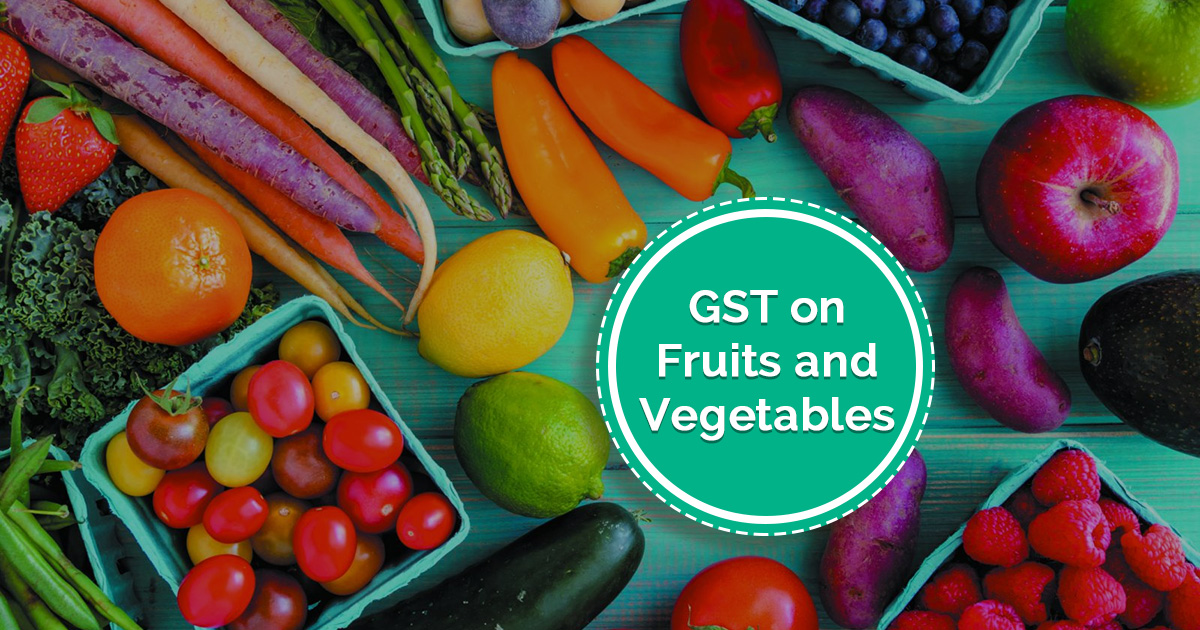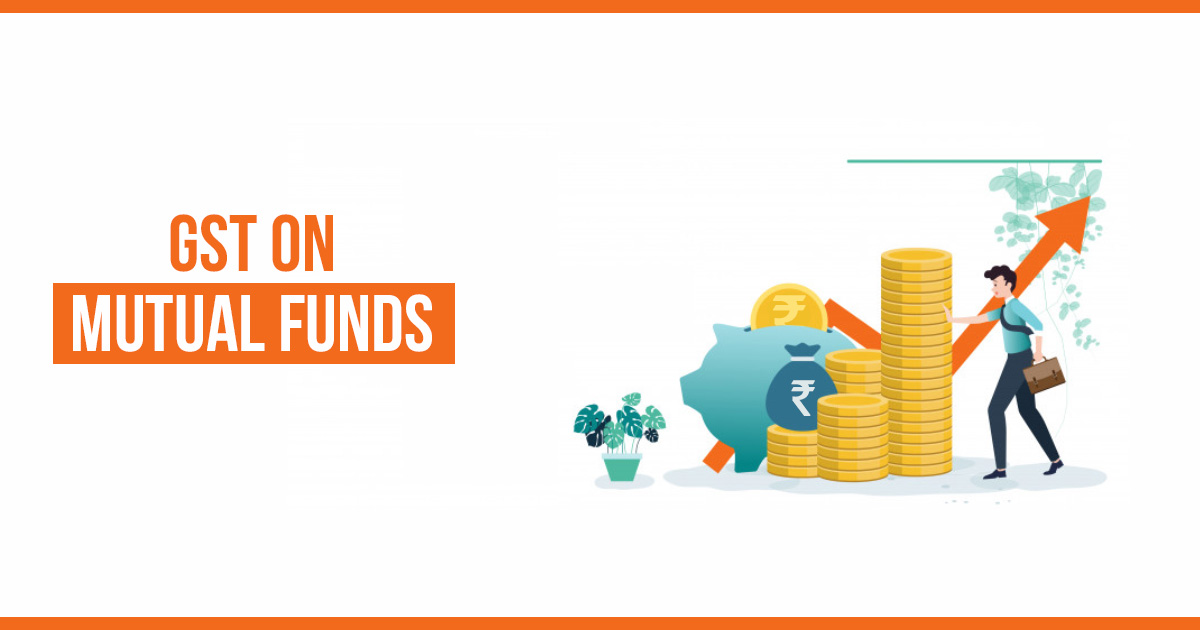In April, Banks all over the country had received show cause notices seeking a genuine explanation on why no GST should be charged on services offered for free by the banks. The GST will now affect the financial transactions cost. The show-cause notice raised a lot of eyebrows. The period in question was from between July 2012 to June 2017 and the estimated tax amount for the period stood at Rs 45,000 crore. In the notice from the Revenue Department, Free services are liable for GST as there is an agreement for an activity. Some of these services include :
- Limited Number of Free ATM Withdrawals
- Credit Card Services like a refund of fuel surcharge
- Cheque Book Issuance
According to the Revenue Department, the monetary value of such considerations is determinable. But the banks differed. They termed the demand as hypothetical. However, a recent update from the Department of Financial Services has clarified that banking services like Credit Card and ATM Withdrawals are not within GST ambit. However, breach of contract agreements by the customer like exceeding the pre-set limits of ATM Withdrawals will attract GST.
Recommended: GST on Insurance and Bank Charges
The Central Board of Indirect Taxes and Customs in a recently released FAQ’s has cleared the air over all such questions that has been a matter of concern in finance Circles post the difference of opinion between the two departments of the Finance Ministry over matters related to service tax on free services offered by banks to its customers. These service charges will be part of the annual maintenance contracts between the banks and its customers. Hence a few things to keep in mind for readers are…
1. GST on ATM Withdrawals
Banks allow up to 3 or 5 free transactions per month. The following things are considered in Free Transactions: Free Transactions subsumes both financial and non-financial transactions. Non-financial transactions include services such as Mini Statement, Balance Enquiry, ATM Pin Change etc. Cash Withdrawals from ATMs fall under financial transactions.
Post these limits banks charge nominal fees on each transaction. The maximum fee chargeable is Rs. 20. In the erstwhile VAT regime, the service tax on banking transactions was 15%. Under GST the service tax is 18%. Hence post the free transaction limits are reached, Banks will charge up to Rs. 20+ GST as service charge. Reportedly, In the erstwhile VAT regime, the service tax on banking transactions was 15%. Under GST the service tax is 18%.
When compared with Digital Transaction:
- Mobikwik: 4% + GST
- HDFC Payzapp: 2% + GST
- Paytm to Paytm transfer: Free of cost
- Paytm to bank transfer: 3% + GST
2. GST on Credit Card (Late Payments)
GST is applicable on late credit card payments, interest rate, and processing fee. The GST rate on credit card outstanding is 18%. In addition, GST will also be charged on the interest of the loan taken against property.
Interest is calculated based on The TVM or Time Value of money. The TVM is determined according to the expenditure incurred by the bank during financing of the asset. In terms of credit cards TVM or Interest rate is determined based on the fact that the sooner the money is received, the higher it’s worth. Hence a late payment of credit card dues means a potential loss for the bank or credit card company.
Recommended: GST on Digital Transactions
3. No GST on Default Cheque Book
Banks issue Cheque Books to new Customers. The new Account Holder must maintain a minimum balance (may vary with banks) on behalf of the Account holder to enjoy the free services. Cheque Book Issuance will remain free of the GST ambit. However, issuance of new cheque books for existing customers will be subjected to service charge with GST.
Also Read: Impact of GST on Banking Sector
While some may say that the 18% GST on financial services increases the burden on the taxpayer. It must also be kept in mind that the revenue generated helps in checking fiscal deficits as well as increase the capital resource for the Central Government which helps in prompt policy executions.

